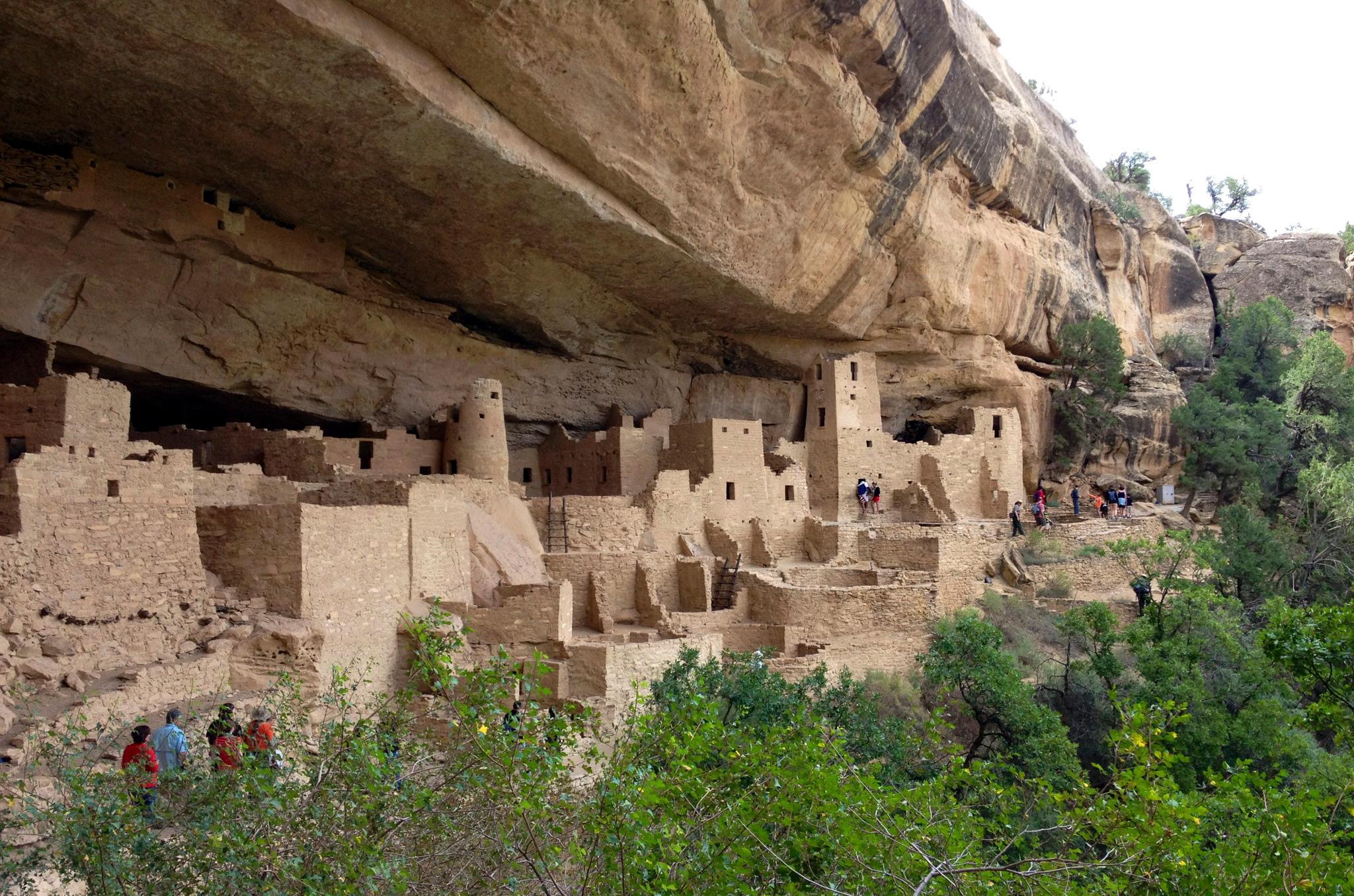
Republican Sen. Cory Gardner’s Great American Outdoors Act was approved by the U.S. House of Representatives on a strong bipartisan vote Wednesday, 304 to 105. But the Colorado House delegation didn’t reflect that unified spirit.
Democratic Reps. Jason Crow, Diana DeGette, Joe Neguse and Ed Perlmutter all voted for the bill that would ensure the coffers of the Land and Water Conservation Fund are full and that money will go toward the maintenance backlog facing national parks.
Republican Reps. Ken Buck, Doug Lamborn and Scott Tipton all voted against the bill, which represents one of their Republican Senate colleague’s biggest wins in office.
Buck praised his friend Gardner’s work on the measure but said he couldn’t vote for it. While “laudable” in its goal, Buck said, “this bill will convert the LWCF’s funding stream to mandatory funding, much like Medicare and Social Security spending, which will allow this program to continue expanding in perpetuity.”
The money for the LWCF comes from royalties on offshore oil and gas extraction. Currently, Congress has to vote annually on how much of those revenues actually make it into the fund. It has only been fully funded to its $900 million limit twice since it was created in 1965.
Buck added he has concerns that LWCF will be used to purchase more land and prevent other uses on it, from recreation to mineral development.
“The federal government already owns 35.9 percent of Colorado, and controls 28 percent of the total landmass of the United States — this bill gives the federal government even more power to control land and set federal standards,” he said.
The fiscal conservative also expressed concerns about how the bill would impact the national debt. The Congressional Budget Office estimated it would add $17 billion to the deficit over the next 10 years.
GOP Rep. Scott Tipton voted to permanently authorize the LWCF and has supported addressing the maintenance backlog, but the permanent funding gave him pause.
“I have concerns about additional permanent mandatory funding to the federal budget,” Tipton said.
The Senate combined the LWCF bill with the Restore Our Parks Act to create the Great American Outdoors Act. Tipton said he was disappointed not to have a chance to vote for the standalone parks bill.
Many of the arguments made by Colorado’s GOP House members were echoed by other Republicans in the chamber over the course of the debate, with one quipping it was the “not Great American Outdoors Act.”
Still, Gardner called the passage of the bill “a historic conservation victory for Colorado.”
“This means thousands of jobs being created across the state and protection of our most precious places, and the facelift for our most well known and recognizable areas, like Rocky Mountain National Park,” Gardner said. The Yuma Republican faces a tough reelection and passage of this bill is widely seen as a way to help boost his chances in a state trending ever bluer.
President Donald Trump tweeted his support for the bill just before the vote happened.
Ivanka Trump, the president’s daughter and advisor, will be at Rocky Mountain National Park on Thursday with Interior Secretary David Bernhardt to highlight the congressional passage of the bill.
The Great American Outdoors Act has the support of a number of environmental and conservation groups. Even the Denver-based Western Energy Alliance applauded the passage of the bill.
“Oil and natural gas production on non-park, non-wilderness public lands will now help meet the mounting needs of our National Parks,” said Kathleen Sgamma, president of the group. “We’re pleased to see that a bipartisan majority in Congress recognizes that we can responsibly produce oil and natural gas on public lands while protecting the environment.”









